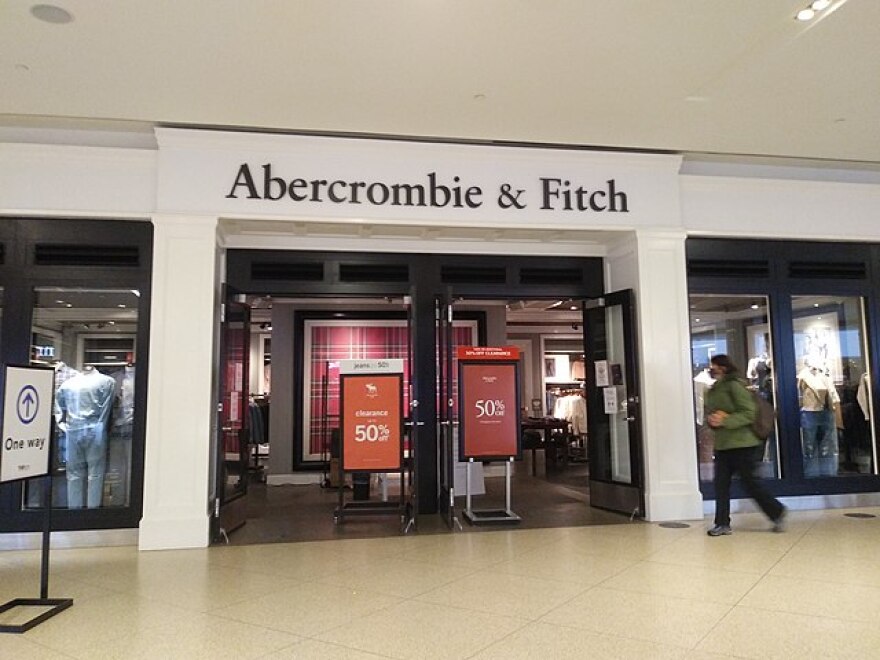A new Netflix documentary highlights the controversial branding of New Albany-based Abercrombie & Fitch used in the '90s and early 2000s to sell its products.
White Hot: The Rise & Fall of Abercrombie & Fitch features fashion and culture experts talking about how the company came under fire. Treva Lindsey, an Ohio State University associate professor in the Women's Gender and Sexuality Studies Department appears in the film.
"Abercrombie & Fitch wanted a certain look,” said Lindsey. “They wanted certain people. It was white. It was thin. It was athletic in terms of build for men."
Lindsey said the company used its advertising to sell a lifestyle, but one that was very exclusive.
"The ads rarely featured clothes,” said Lindsey. “So many of the ads were people who were topless, particularly men who were topless. They had an idea of a lifestyle that they were trying to portray with this brand. And for many of us who didn't identify with that, Abercrombie & Fitch was a distant thing, and something you just looked act and commented upon."
Abercrombie & Fitch faced several lawsuits for discrimination. In 2015 the U. S. Supreme Court decided in favor of a Muslim-American woman who was denied employment at an A&F store in Tulsa, Oklahoma because she wore a headscarf.
In other lawsuits, the company agreed to pay nearly $50 million and entered into a consent decree to diversify its workforce. However, the documentary reveals discriminatory practices continued.
"Abercrombie was intentionally exclusionary and discriminatory and usually along the lines of race and body type,” said Lindsey.
Lindsey points out that the documentary teaches several lessons about marketing and retail. She said one of them is that marketing and retailing rely on some of the same oppressive and systemic inequalities that other institutions do.
“Abercrombie & Fitch tapped into certain kinds of racial politics, certain kinds of class politics, gender politics, and sexual politics as well to orient itself as a particular kind of brand, and I think we see a number of brands do that, just not as explicitly as Abercrombie & Fitch did,” said Lindsey.
WOSU reached out to Abercrombie & Fitch, but did not receive a response prior to the publishing of this article.




